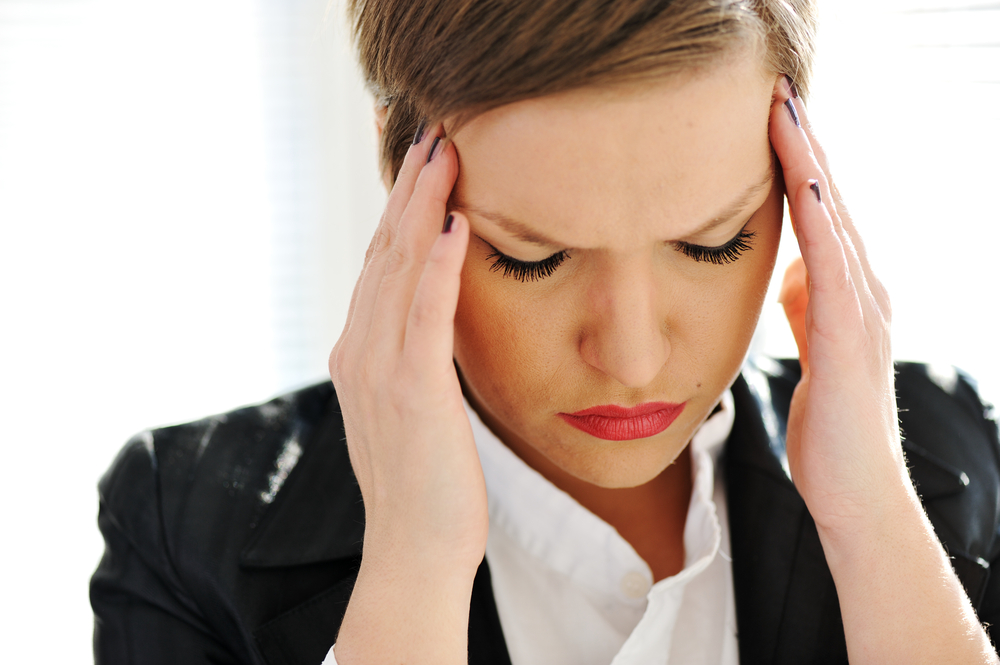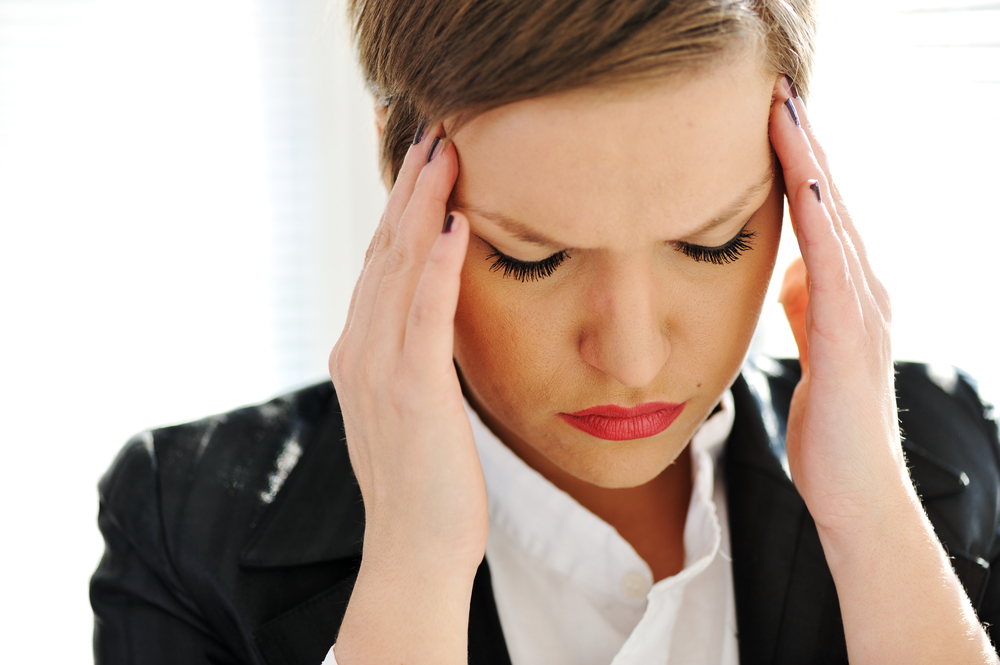
In this article, we look into the five ways poor sleep hygiene can affect your mental health and how to create a nighttime routine that will have a positive impact on your mental health and well-being.
What is Sleep Hygiene?
Sleep hygiene is the term used to describe how we can prepare for high-quality sleep, every single night.
Good sleep hygiene is about creating comfortable sleeping conditions and a regular routine that supports you, not just before bed, but throughout the day too.
Though the habits which help are as bespoke as our mattress or pillow preferences, there are healthy changes that can help universally.
What Are the Signs of Poor Sleep Hygiene?
Find it hard to fall asleep
Recurrent awakening in the night
Daytime tiredness
Inconsistency in the number of hours slept
Changes in the quality of sleep
The relationship between Sleep & Mental Health
Without proper rest, our brains are unable to fully recharge. This manifests most commonly in 5 ways:
Stress
Scientists have discovered that disrupted sleep can negatively affect our stress detectors – the parameters with which our bodies recognize and react to stress. Poor sleep can imbalance our cortisol levels and neurotransmitters, causing higher negative emotion to an activating event, and elongating the recovery time back to a healthy calm. In short, the less you sleep, the less able your body will be able to deal with stress.
Anxiety
The longer sleep hygiene remains poor and the quality of sleep is threatened, the more likely daily stresses will develop into anxiety. This might manifest in worry about lack of sleep itself, or mean that concerns in a daytime activity become a real struggle.
Depression
Depression and poor sleep patterns are very closely linked. Sleepless nights can make you vulnerable to depression because of changes to the function of the neurotransmitter serotonin. Serotonin works to stabilize your mood and controls the part of the brain that decides when you sleep and wake. Research shows that those who suffer from insomnia are 10 times more likely to suffer from depression. Equally, those already suffering from depression can see symptoms worsen through lack of sleep.
Poor cognitive functioning
The less sleep we enjoy, the less likely we are to be alert and focused. That means, the more difficult it is to process our daily lives with discernment and logical reasoning.
Weakened Memory
Sleep strengthens the nerve connections that form our short and long-term memory. Without sleep, we run the risk of compromising our memory consolidation.
What can we do?
Follow the following steps towards better sleep hygiene and improved mental health:
Establish a Routine
Try to keep your sleep-wake cycle regular. The vast majority of people need 7 to 9 hours of sleep to feel functional and active during the day. Going to sleep and waking up at consistent times is the foundation of good sleep hygiene because our bodies follow a circadian rhythm and this relies on consistency. The body will grow the desire to sleep at the same time each evening and want to wake at the same time each day.
Spend time outdoors
Studies have proven that as little as 20 minutes in nature can reduce the level of stress hormones. There is also evidence that Vitamin D deficiency is linked to sleep disorders.
Increased exposure to natural light can aid in better sleep quality. This is because it helps harmonize your circadian rhythm, working to encourage a more regenerative cycle. Spending time in nature, therefore, aids better sleep quality and supports positive mental health!
Create a calm & relaxing bedroom
A cooler temperature, darkness, and quiet can all help – but this is down to personal preference. Design an environment to suit you. Experiment with different pillows, mattress densities, and blanket thicknesses.
Get moving in the daytime
Regular daily exercise helps you to fall asleep faster and stay asleep longer. It also increases your chances of deep sleep. Make sure that exercise happens a good two hours before bed, to allow time for your endorphin levels to wind down.
Wind down in the evening
Find ways to slow down as you near the time for sleep. Choose activities that demand less cognitive activity, and lead to a feeling of relaxation.
Avoid electronic devices late at night
Electronic devices like phones, tablets, and laptops emit blue light which has been linked to reduced melatonin production and overstimulation. Try to avoid them for 30 minutes before you want to sleep, or they will increase the length of time it takes you to feel sleepy and eventually drift off.
Limit the use of stimulants
Coffee, alcohol, and nicotine can all lead to increased alertness and poor sleep quality. Be mindful of your habits and review ways to best support your sleep pattern. Caffeine can stay in the body far longer than we realize. And though many people experience drowsiness with alcohol, it can also disrupt our natural sleep patterns and lead us to wake up feeling as tired as we went to bed.
A better quality of life
Establishing good sleep hygiene is one of the easiest ways to set yourself up for better sleep.
Crafting sustainable routines might take some practice at first but once automatic, they will create ongoing positive reinforcement for mental health and well-being
only provide general information and should not be used for self-diagnosis and self-treatment.
Alaska Sleep Clinic is the most comprehensive sleep center in Alaska and the only one with a psychiatrist on staff specializing in sleep, Dr.Angela Randazzo. Call ASC today @ 907-770-9104.












